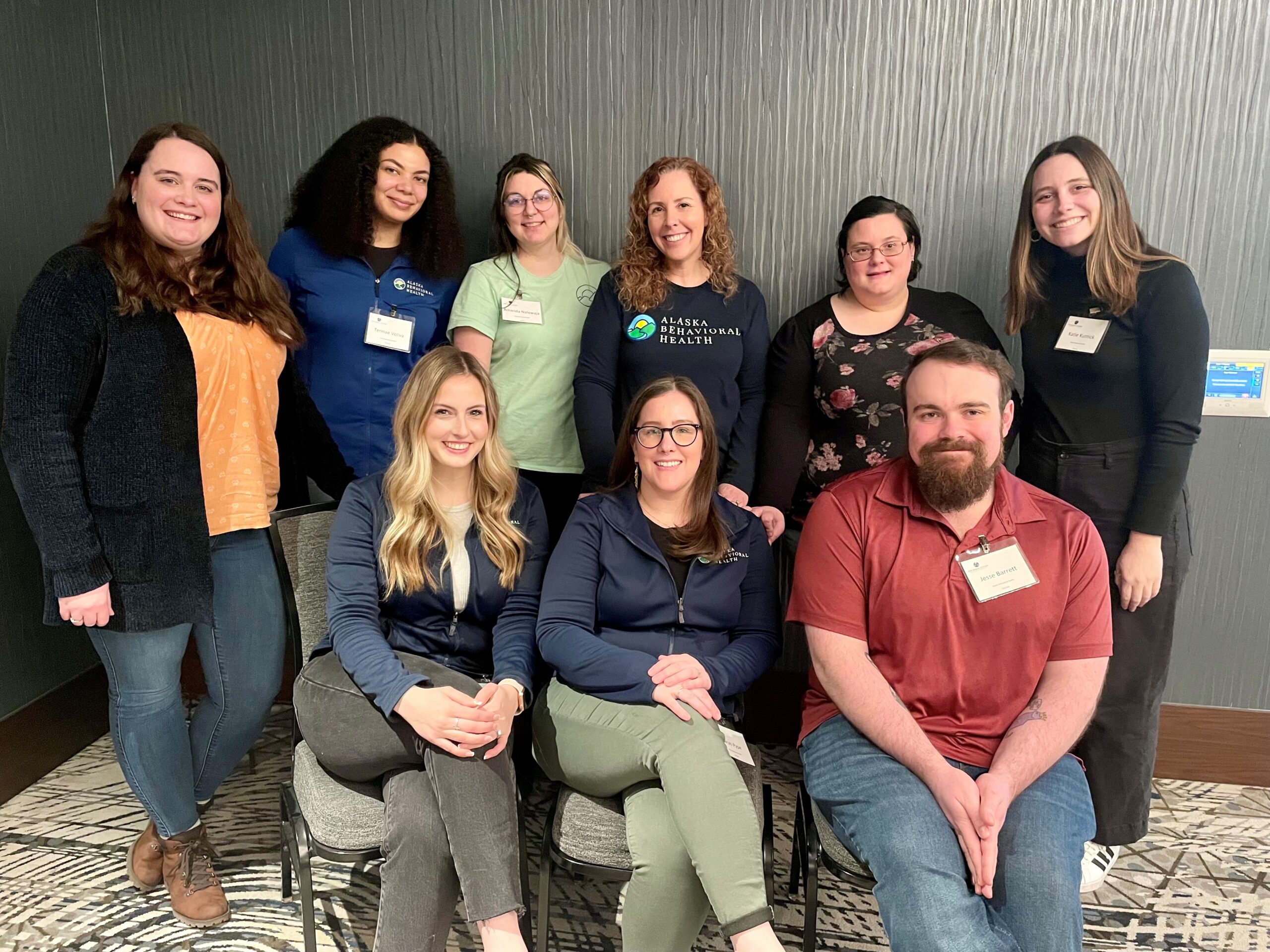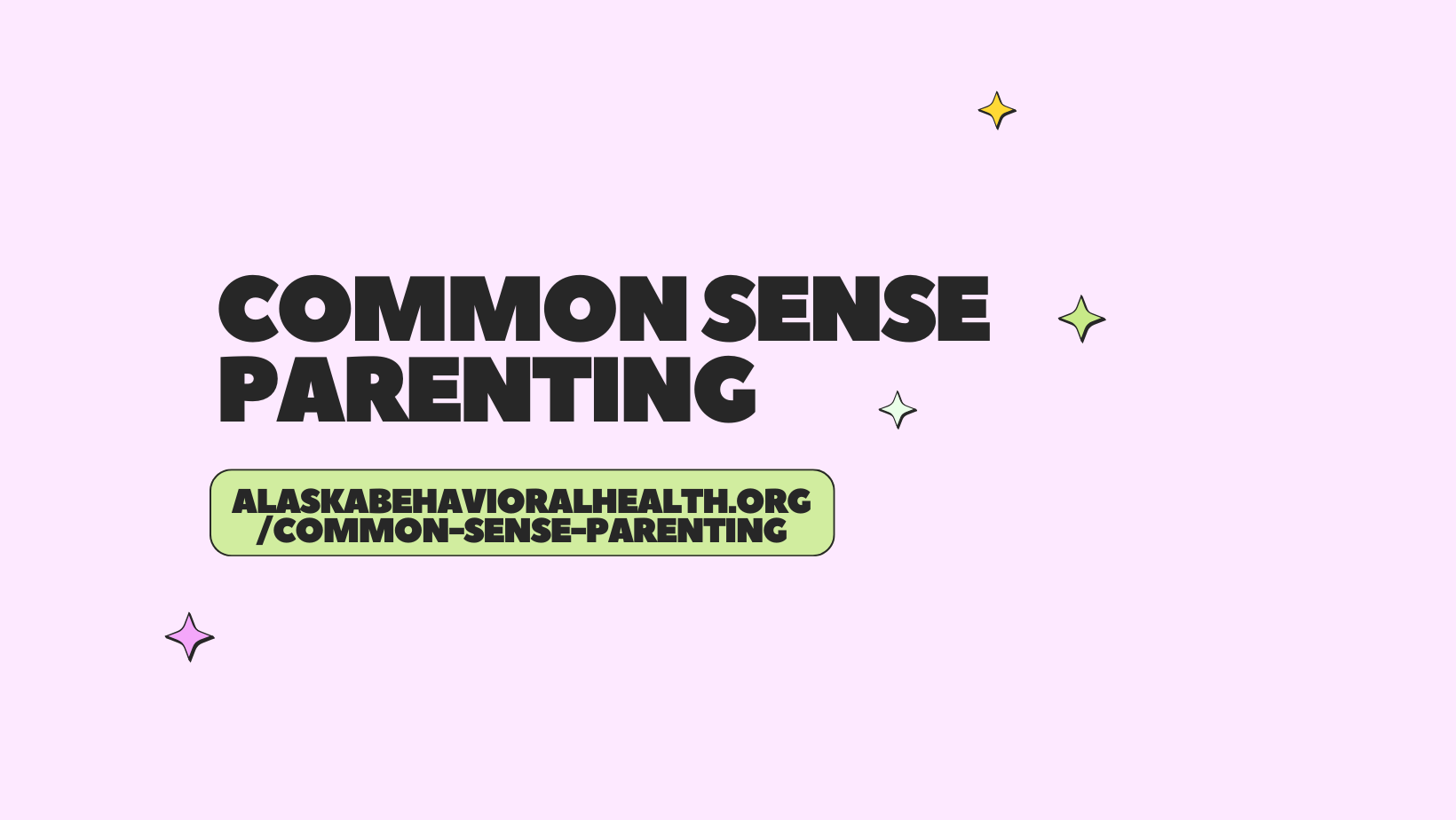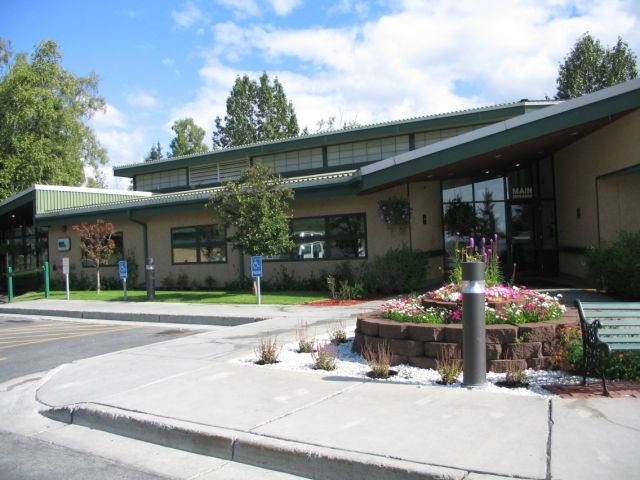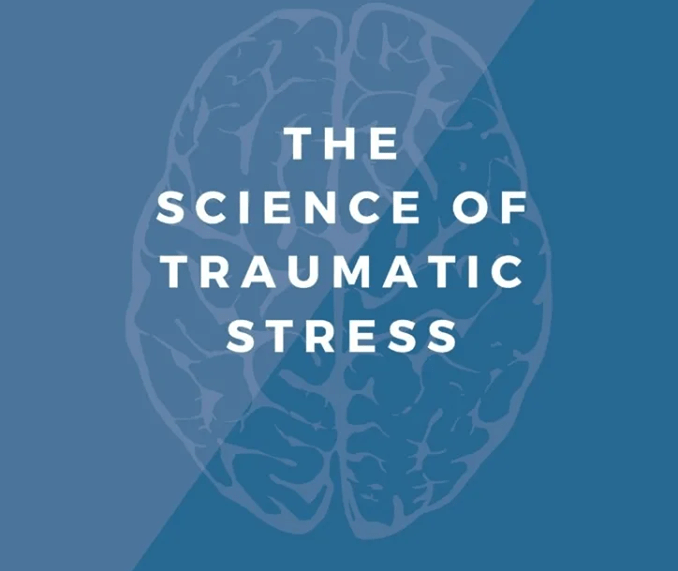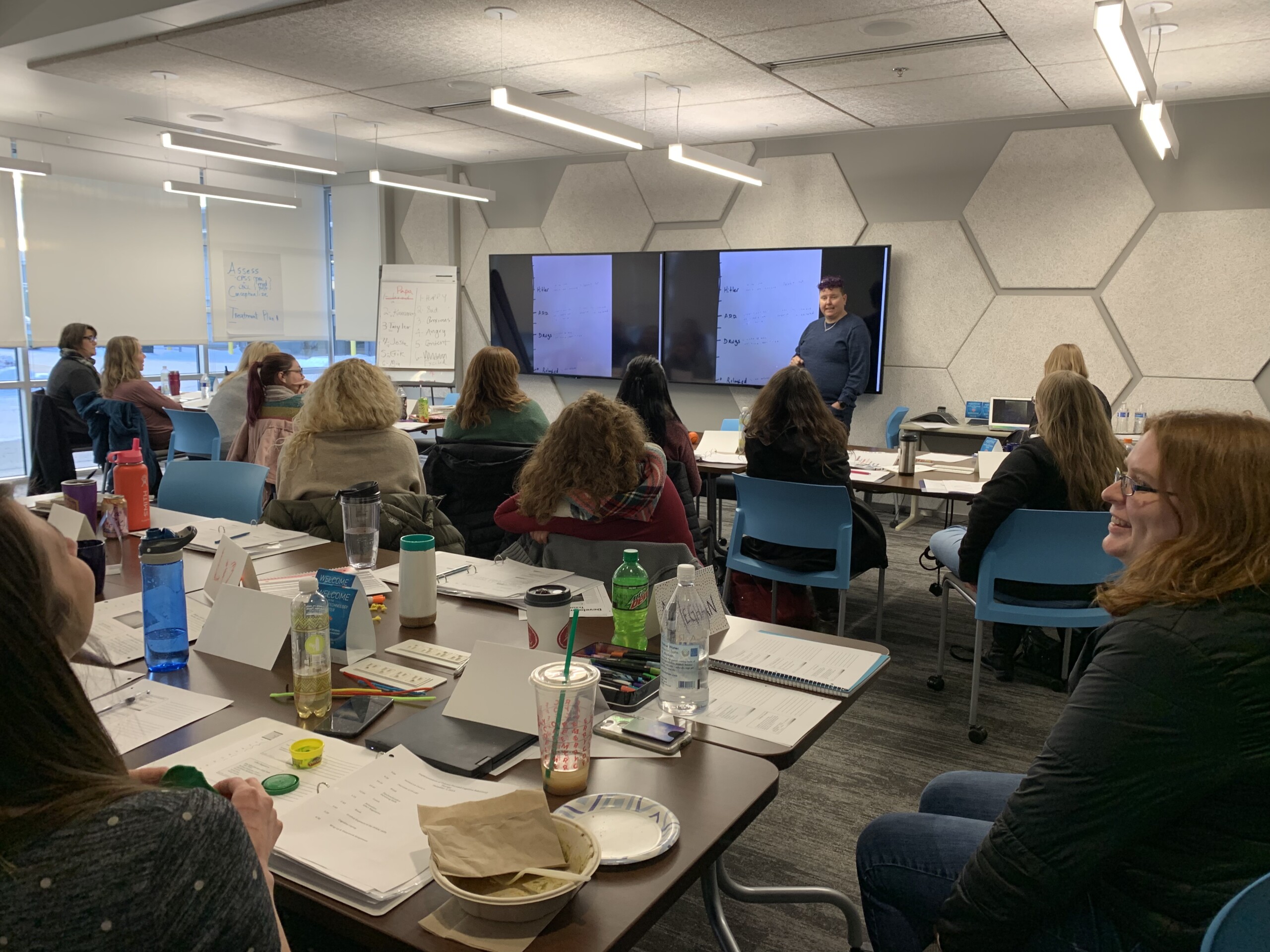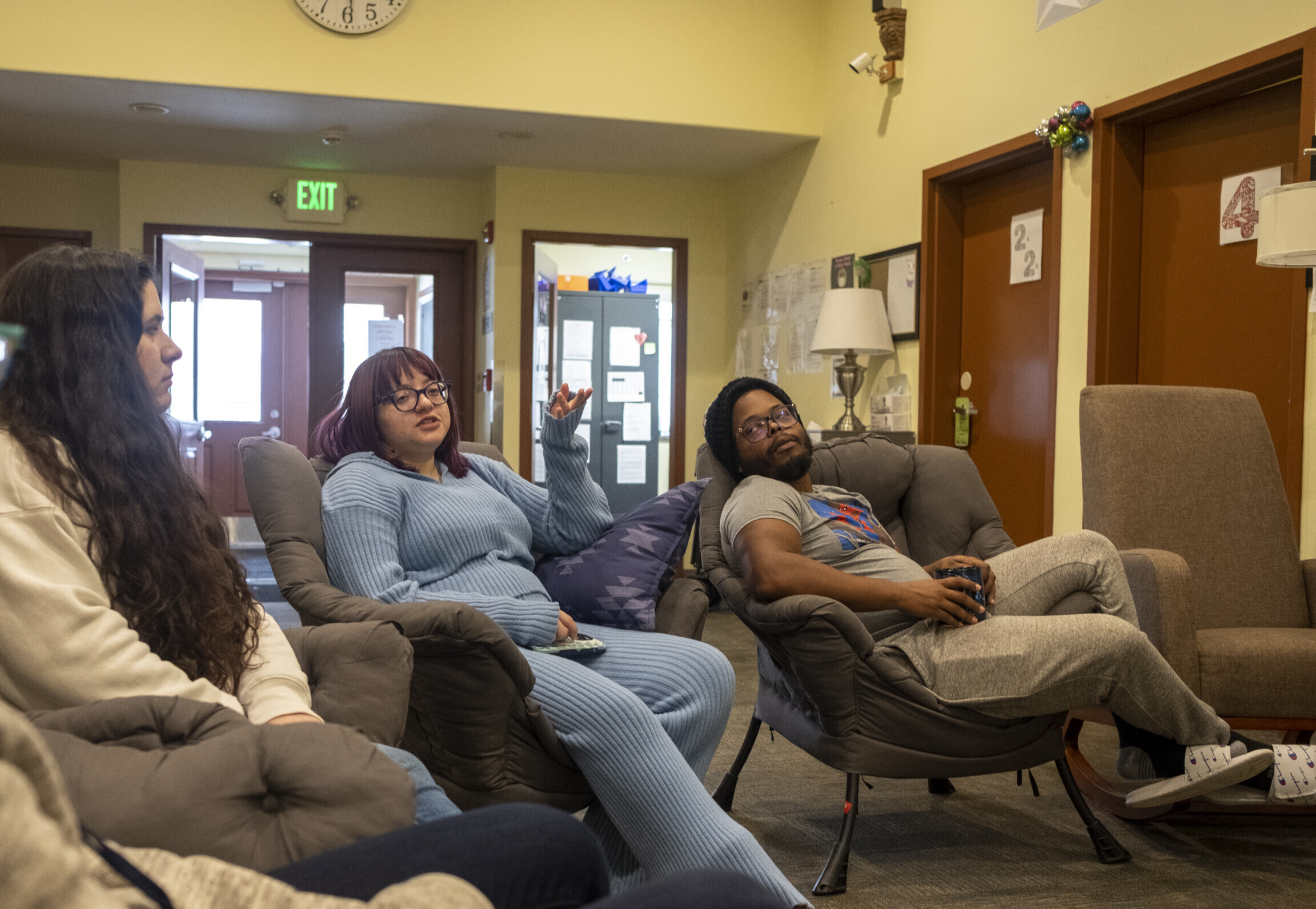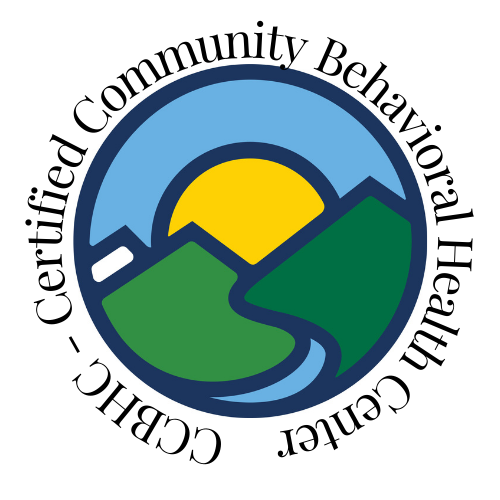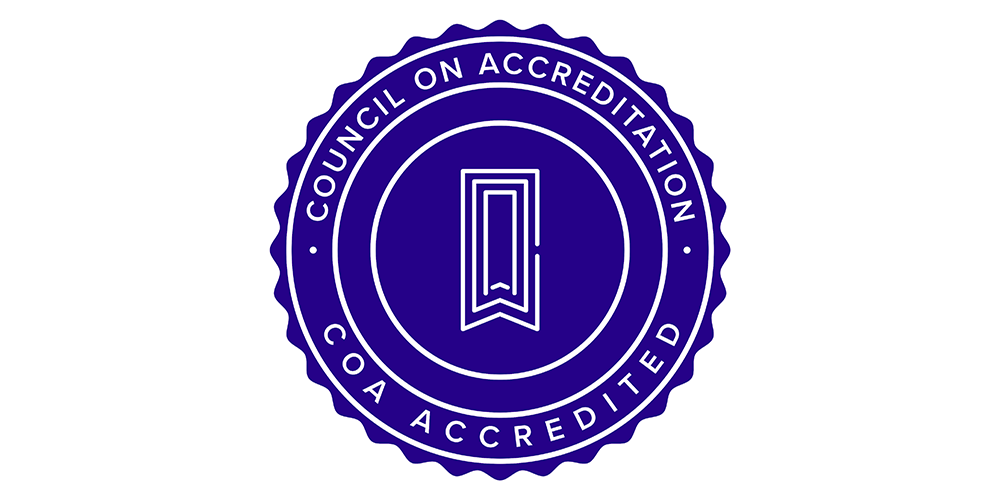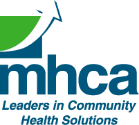Support for Military Families
This opinion piece by Alaska Behavioral Health Board Member Traci Gatewood was published in the Fairbanks Daily News Miner on May 1, 2021.
Call of Duty
Fear. Desperation. Disbelief. Despair. Duty? In 1991, I had a life-altering experience that would forever shape my thinking about service to country and mental health. May is National Mental Health Month, and I’d like to share a snippet of my life to highlight the importance of mental health services and how they are evolving to better meet the needs of military members, veterans, and their families.
In 1988, I withdrew from college to enlist in the Army Reserves. In rapid succession, I completed basic training and AIT [advanced Individual training], got married, and prepared to live happily ever after. I felt strong and almost invincible as I embraced the Army’s values of integrity, duty, and selfless service.
On January 15, 1991, I celebrated the birth of my first daughter. Two weeks later, I nearly drowned in despair when I left her with my mom and sister. My unit had been activated as part of Operation Desert Storm and I had to answer the call of duty.
The Impact of Family Separation
Being separated from my first child broke me in ways that words cannot describe. When I finished my assignment and brought my daughter home, I was thrilled, but my joy did not magically fix the brokenness inside of me. In a perfect world, I would have received mental health support during the time I was activated and afterward to deal with my depression, guilt, and fear that came from the separation, and the baggage I brought with me when I enlisted. The world was not perfect, and I did not seek or receive mental health support. My barriers were the same or similar to other military members and veterans— personal embarrassment, long wait times, fear of being viewed as weak, and the stigma associated with mental health issues.
Reducing the Stigma of Asking for Help
Slowly but surely, the stigma is being reduced, and some resources that did not exist in the ’90s are available now to support military members, veterans, and their families. In February 2020, the Fort Wainwright Department of Public Health released their Community Health Improvement Plan (CHIP). The report acknowledged that the stressors of military life can strongly influence the psychological well-being of Soldiers and their Families. Particularly when unrecognized and untreated, behavioral health diagnoses can lead to lack of medical readiness, early discharge from the Army, and suicidal behavior. One initiative of the CHIP is to increase awareness of its community on current resources available to support mental well-being.
More Help is Now Available
In my journey, fast-forward to 2020. When my son struggled with mental health issues and made very little headway, I knew the importance of encouraging and supporting him to seek help. Through an active-duty family member in Texas, I learned about the Cohen Veteran’s Network. CVN partners with local mental health providers to provide care through a network of military family clinics serving post 9/11 active duty and military veterans and their families in a military-informed, trauma-informed setting. The Steven A. Cohen Military Family Clinic at Alaska Behavioral Health had just opened in June 2020 with telehealth available statewide. (The Anchorage Cohen Clinic opened to in-person services in March of this year, and a Fairbanks in-person clinic will open this summer.)
Because I am a veteran, I made the first contact. Although I was not seeking care for myself, they were welcoming and generous with their time as they answered all my questions. Within 48 hours, they completed an intake and shortly after began offering my son services. Addressing mental health is not always a quick fix, but the Cohen Clinic provided my son a lifeline to kickstart his recovery.
In 1991, when I desperately needed support, the Cohen Clinic did not exist. I am appreciative that when my child needed it in 2020, it was there. I am committed to spreading the word about the Clinic and all it offers to military members and veterans in the Fairbanks community.


